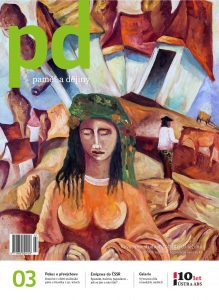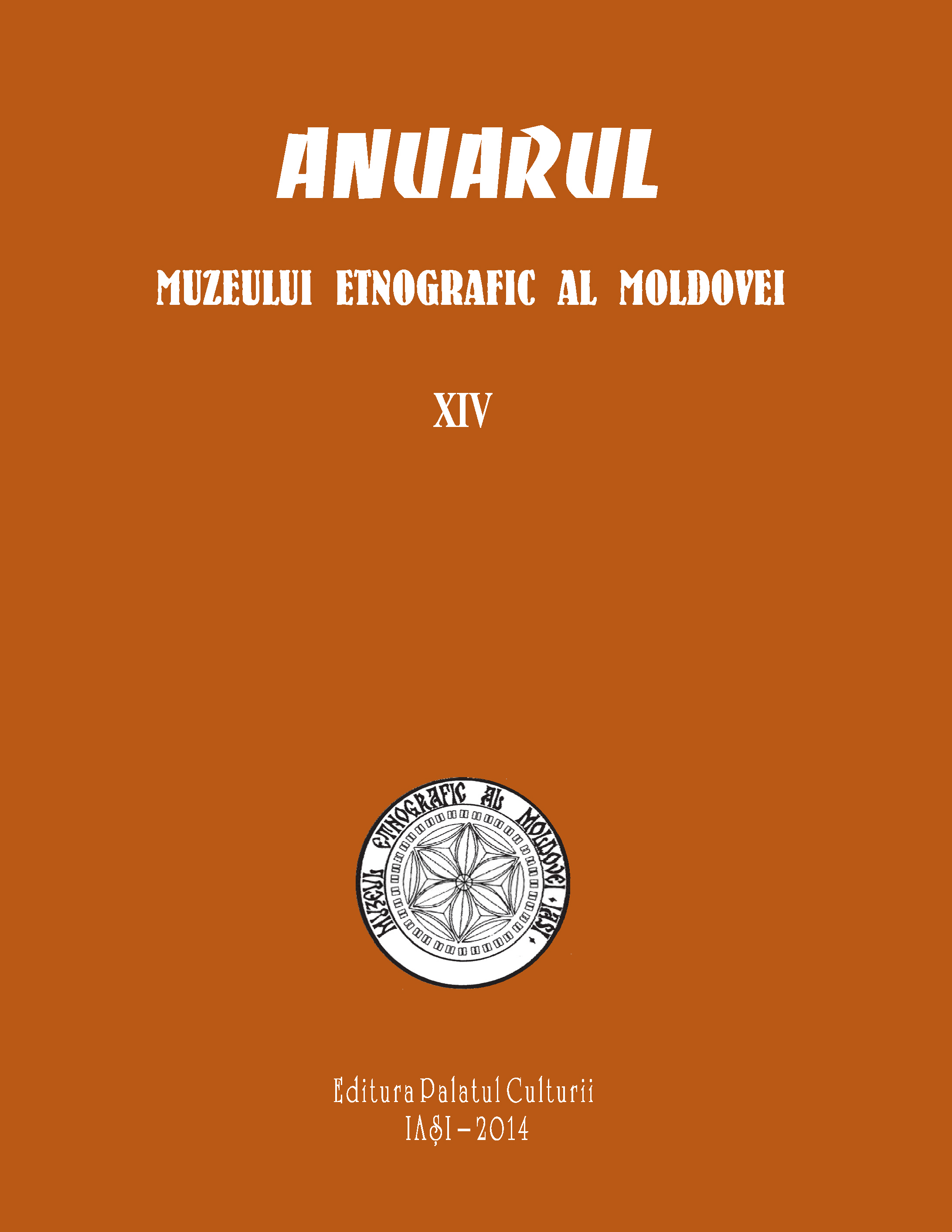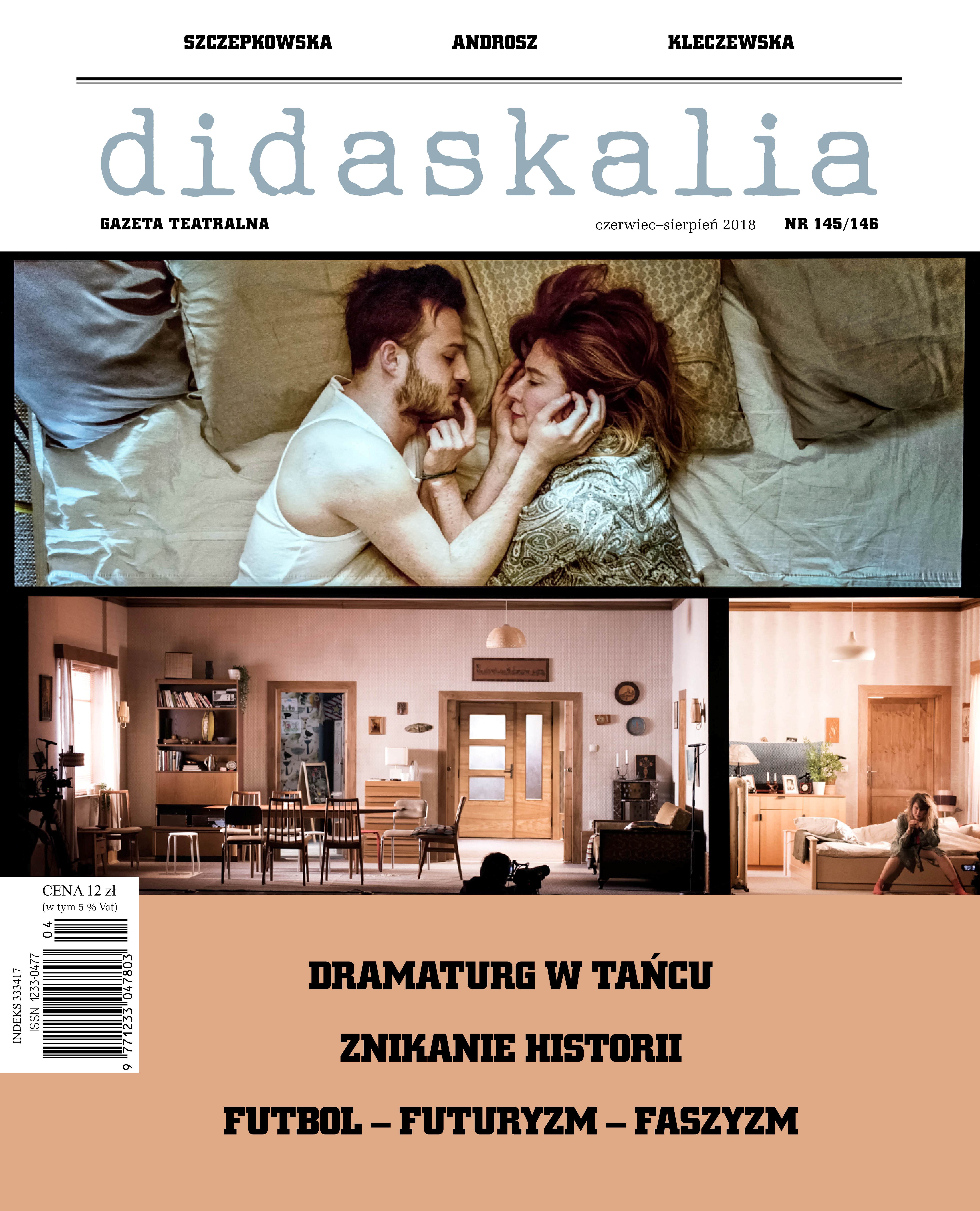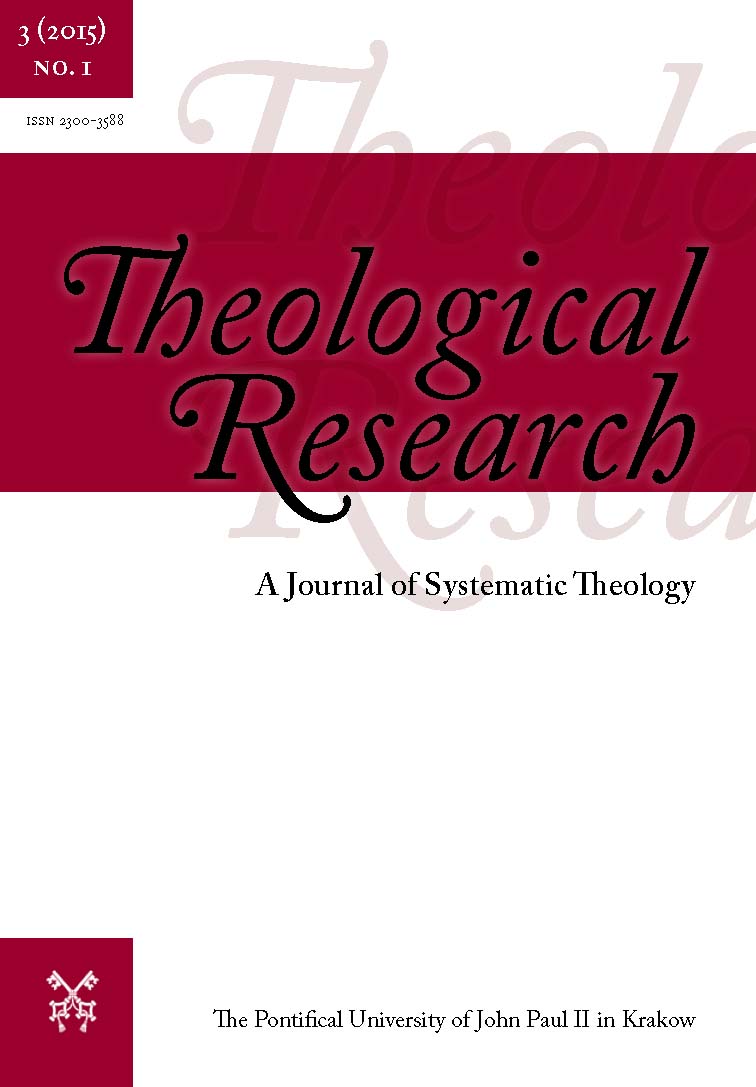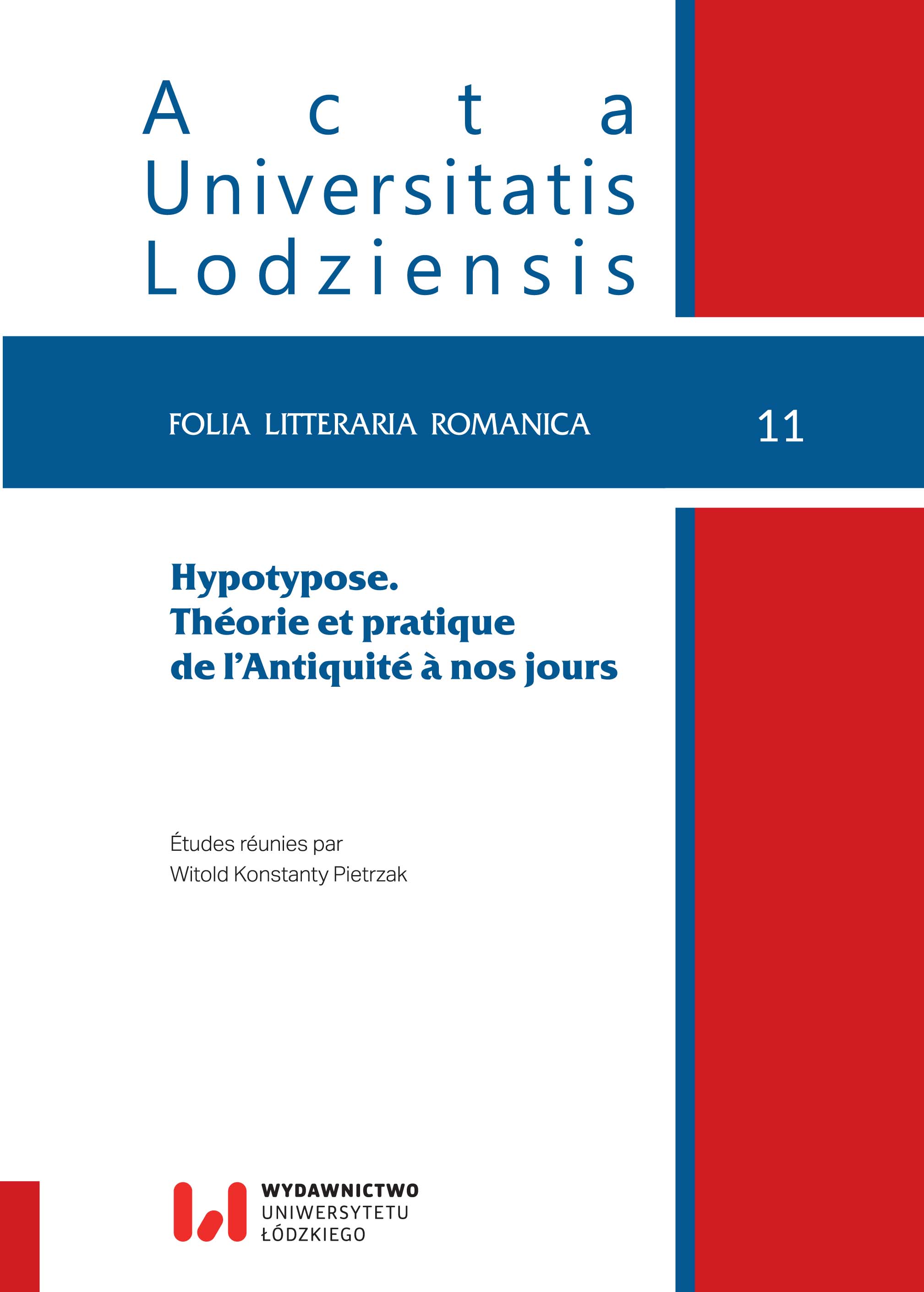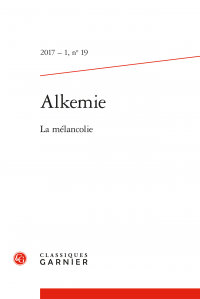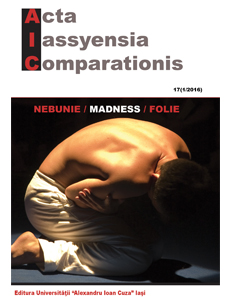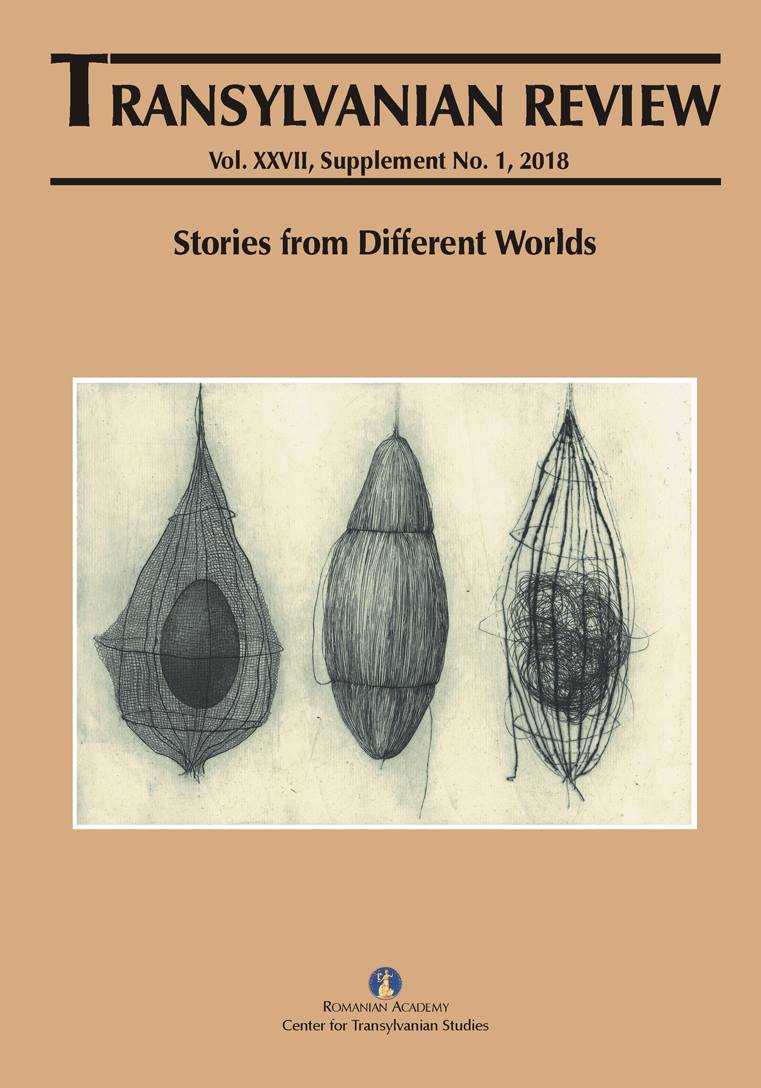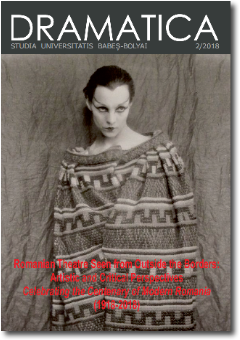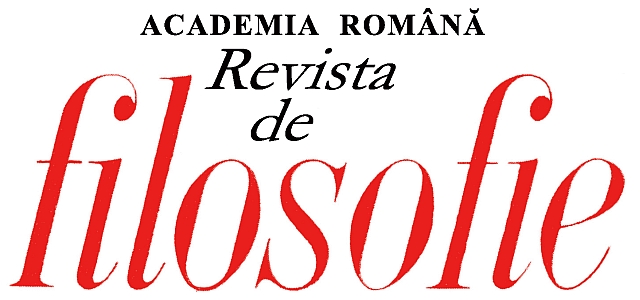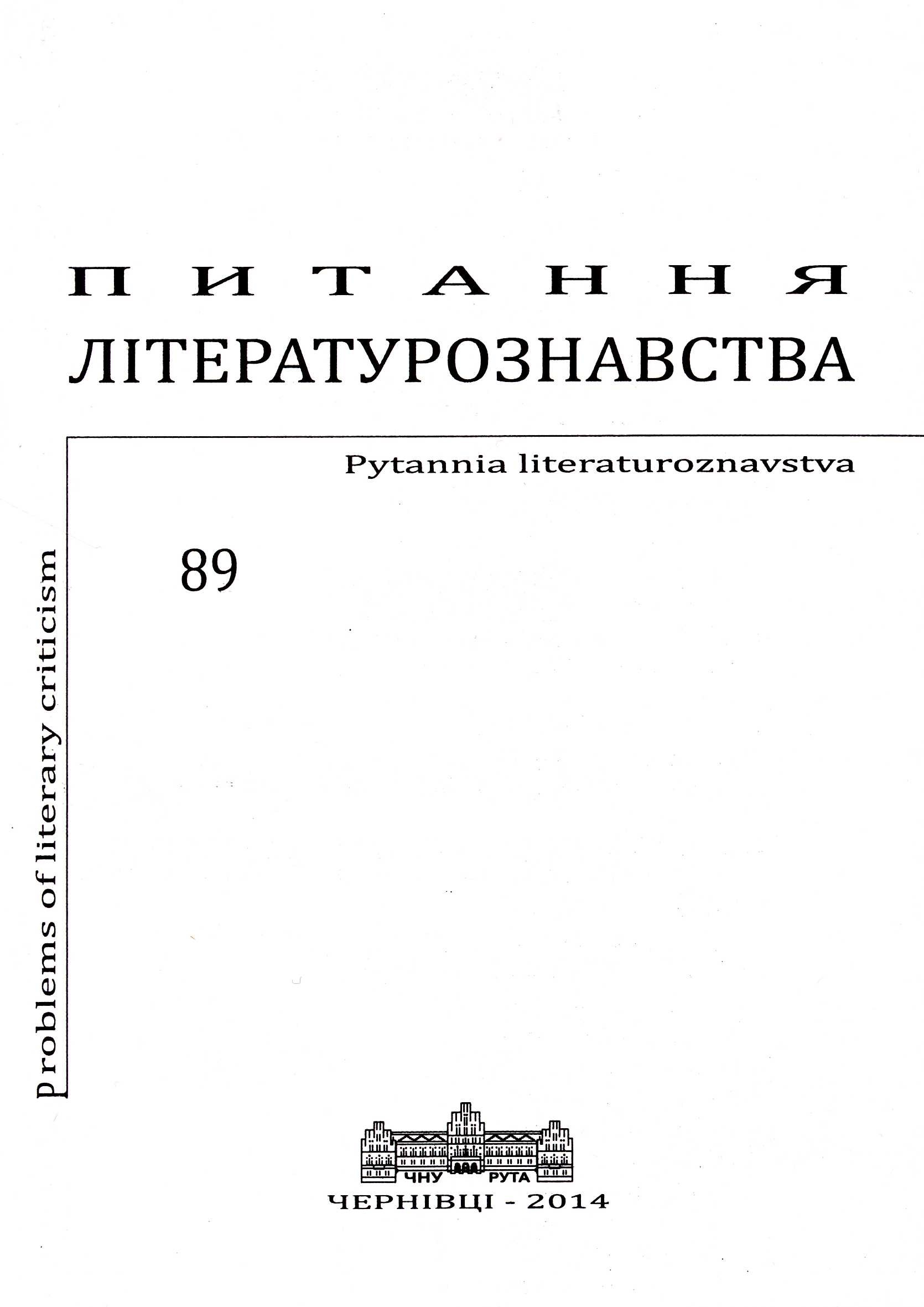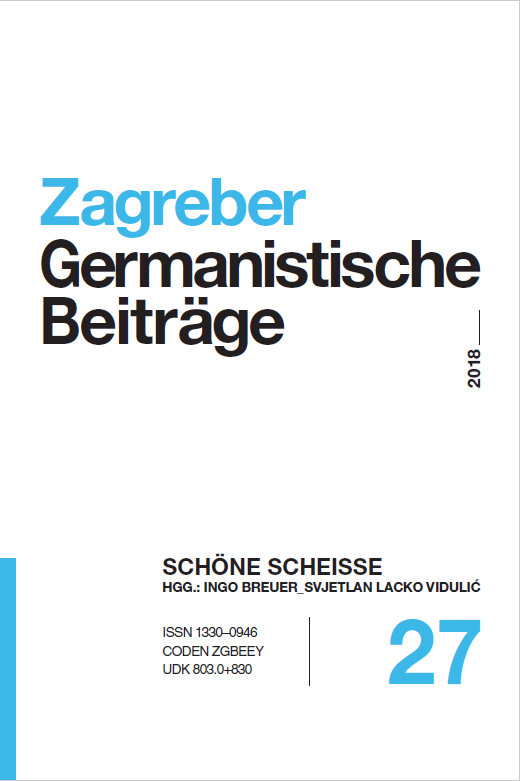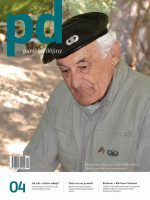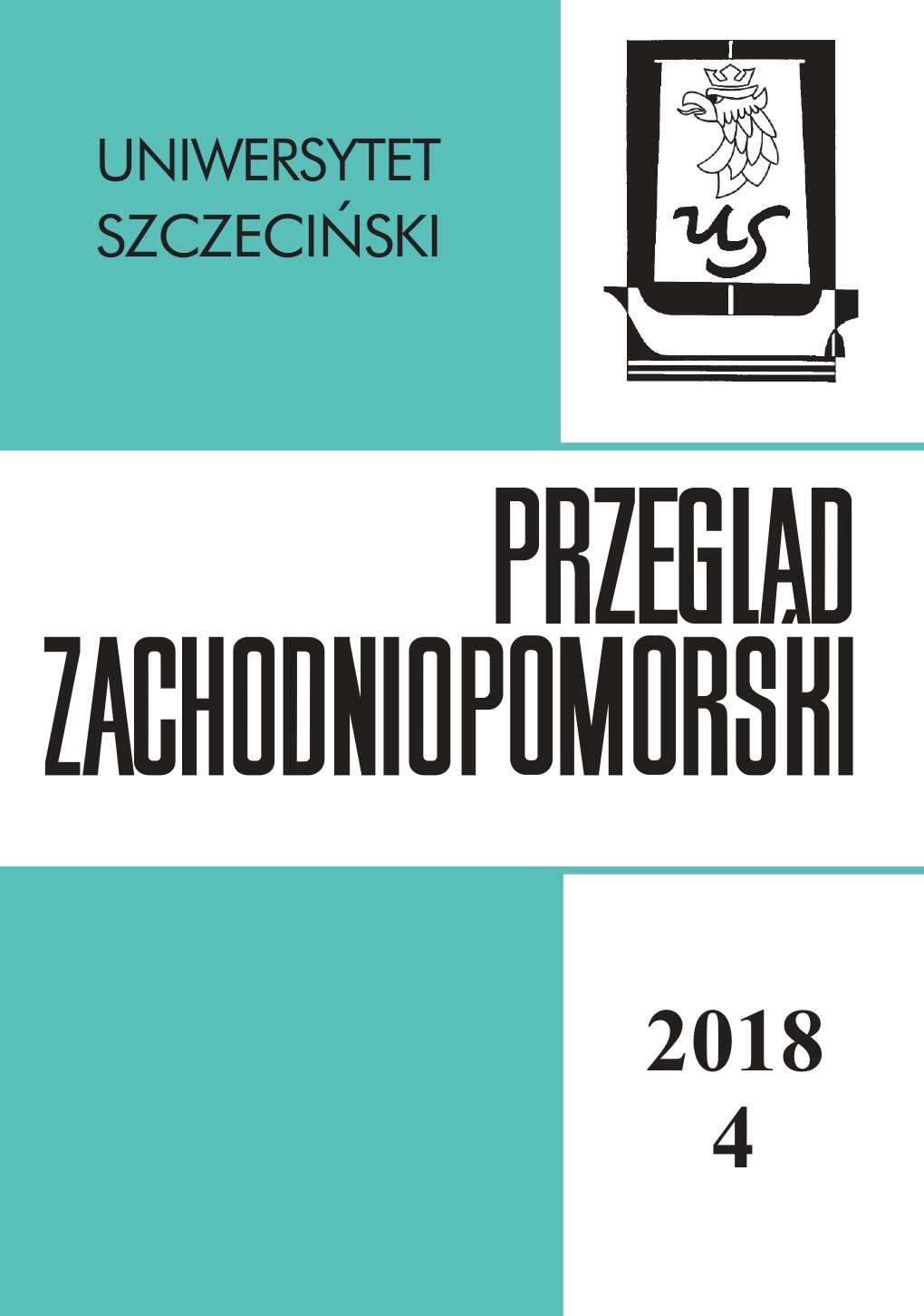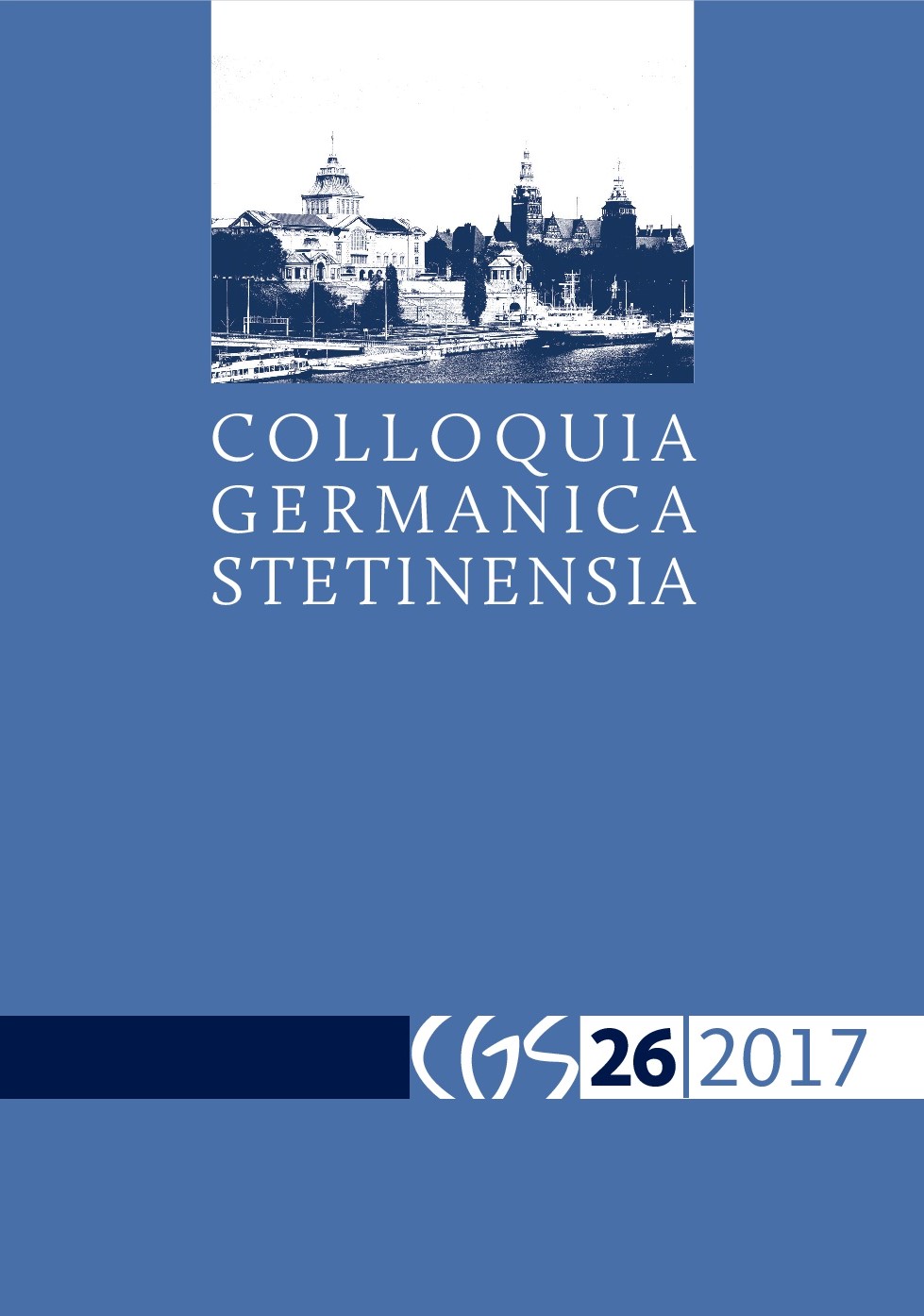
‘it‘s a Great Pleasure – to Be So Alone – So Completely Alone With His Dreams’: Paul Scheerbart and His Spiritual Refuge at the Orient
„Es ist eine grosse Seligkeit – so allein – so ganz und gar allein mit seinen Träumen zu sein“ – Paul Scheerbart und seine geistige Flucht in den Orient
Keywords: Orient; Paul Scheerbart; German-speaking literature; harem; passions; brutality
The article was dedicated to presentations of the Orient in three selected works by Paul Scheerbart: The death of the Barmakids. Arab Harem novel (1897), Tarub. Baghdad‘s famous female cook. Arab culture novel (1897) and Jests about power. Arab novellas (1904). As the author has never visited the Middle East, he draws from several sources, which he then transforms as he wishes. Passion, longing for higher values, brutality, revenge and fighting for the power ending with bloodbaths intertwine with the fairytale sceneries and legendary beings, to distract the recipient from the thought that the old Baghdad is Berlin, the year 897 – 1897 and Ascha’s problems could be the problems of Scheerbart. Power of poets, world and rebels – the essence of Scheerbart’s Orient is expressed in these words.
More...
